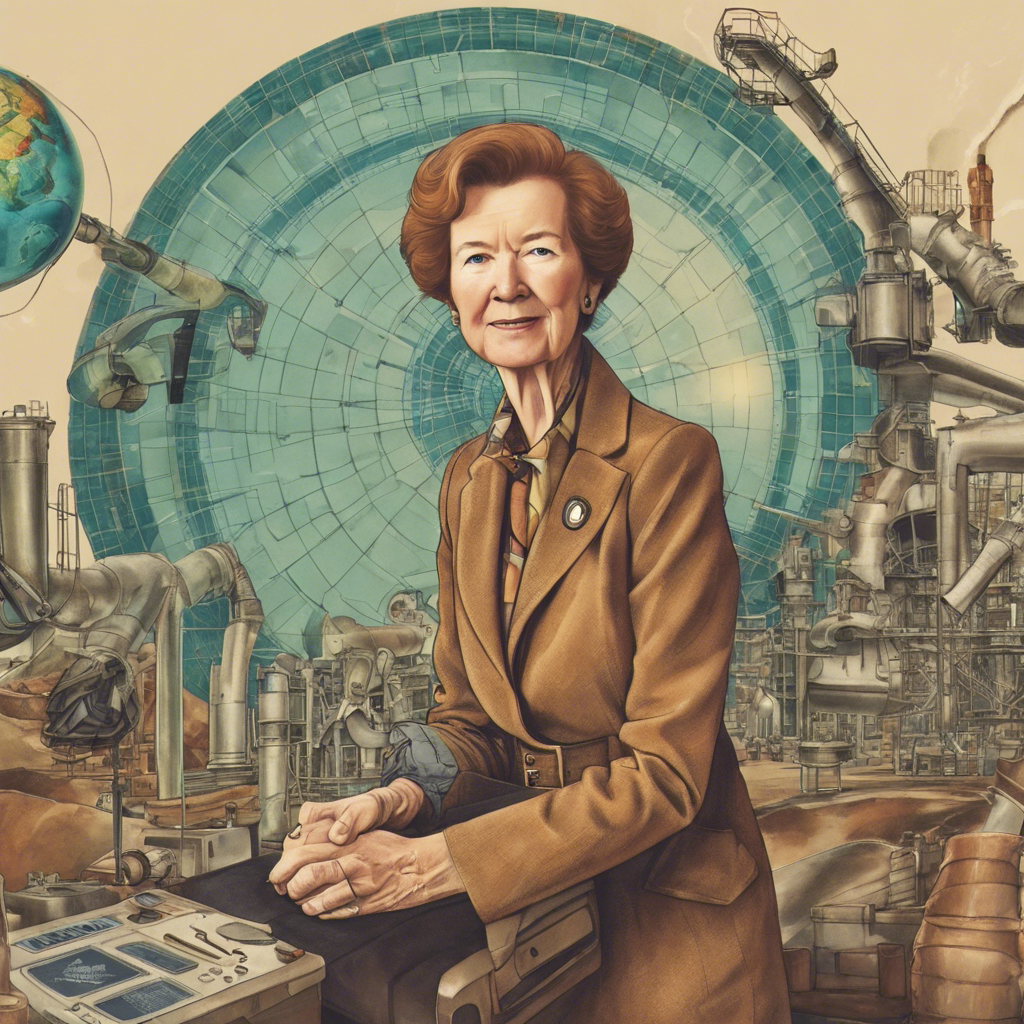The Looming Crisis: Unraveling the Impact of Rising Temperatures

Exploring the Consequences of Climate Change and the Urgency for Action
In the late 1990s, an article about rising temperatures left many with a sense of foreboding. The notion of a changing climate seemed distant and inconsequential, something that future generations would have to grapple with. Fast forward to the present day, and the reality of climate change is no longer a far-off threat but a pressing crisis that demands immediate attention. This article delves into the multifaceted impact of rising temperatures, exploring the consequences on our environment, economy, and society. It sheds light on the urgency for action and the need for collective efforts to mitigate the effects of climate change.
1: Environmental Disruption and Loss of Biodiversity
As temperatures continue to rise, our planet is experiencing unprecedented environmental disruption. Rising sea levels threaten coastal communities, extreme weather events become more frequent and intense, and ecosystems face irreversible damage. The loss of biodiversity is a grave concern, as species struggle to adapt to changing conditions, leading to imbalances in ecosystems and potential collapse of entire food chains.
2: Economic Implications and Resource Scarcity
The economic ramifications of climate change are far-reaching. Extreme weather events such as hurricanes, floods, and droughts wreak havoc on infrastructure, causing billions of dollars in damages. The agricultural sector, heavily reliant on stable weather patterns, faces significant challenges as changing climates disrupt growing seasons and increase the prevalence of pests and diseases. Additionally, resource scarcity, including water shortages and declining fish stocks, pose further threats to global economies.
3: Social Inequity and Humanitarian Crisis
Climate change exacerbates existing social inequities, disproportionately affecting vulnerable populations. Impoverished communities, often lacking the resources to adapt or recover from climate-related disasters, bear the brunt of the crisis. Displacement due to rising sea levels and extreme weather events leads to mass migration, straining resources and exacerbating social tensions. The potential for increased conflict and humanitarian crises looms large, as communities fight for dwindling resources.
4: The Role of Governments and International Cooperation
Addressing climate change requires a concerted effort from governments and international bodies. The Paris Agreement, a landmark global accord, aims to limit global warming to well below 2 degrees Celsius. However, progress has been slow, and many countries are falling short of their commitments. The need for stronger policies, increased funding for renewable energy, and a shift towards sustainable practices is paramount to combat the effects of rising temperatures.
5: Individual Actions and Collective Responsibility
While governments play a crucial role, individual actions are equally important. Small changes in daily habits, such as reducing energy consumption, embracing renewable energy sources, and adopting sustainable lifestyles, can collectively make a significant impact. Education and awareness campaigns are vital in inspiring behavioral change and fostering a sense of collective responsibility towards the environment.
Conclusion:
The rising temperatures that once seemed distant and inconsequential are now an imminent threat to our planet and its inhabitants. The consequences of climate change are far-reaching, affecting our environment, economy, and society. Urgent action is needed to mitigate the effects and build a sustainable future. Governments, international cooperation, and individual responsibility must converge to combat this crisis. As we navigate the challenges ahead, we must remember that the time for action is now. The choices we make today will determine the world we leave for future generations. Let us rise to the occasion and work together to safeguard our planet.










